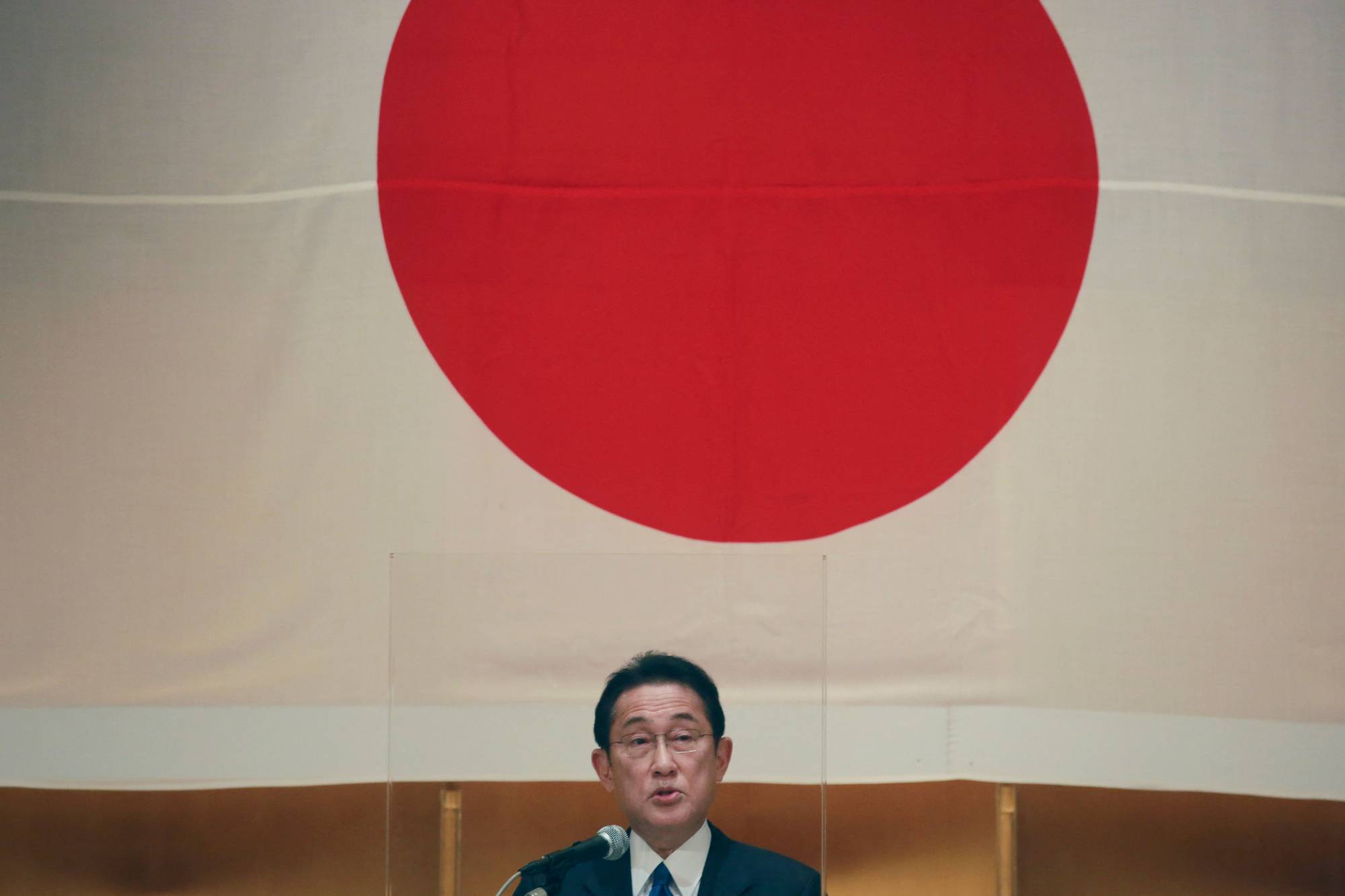2022 is the Year of the Tiger and Prime Minister Fumio Kishida appears ready to go on the attack. The Upper House election, slated for July, will be his most important battle.
“I believe that this year we will face major issues such as the coronavirus response, economic revival, diplomacy and security,” Kishida said during an NHK program on Jan. 9. “I would like to gain the understanding and support of as many people as possible by steadily producing results one at a time."
In order to achieve this, however, the prime minister must first demonstrate his ability to lead the ruling coalition while overseeing the passage of a record-breaking fiscal 2022 budget and a series of bills during the 150-day regular parliamentary session, which starts Monday.

















With your current subscription plan you can comment on stories. However, before writing your first comment, please create a display name in the Profile section of your subscriber account page.